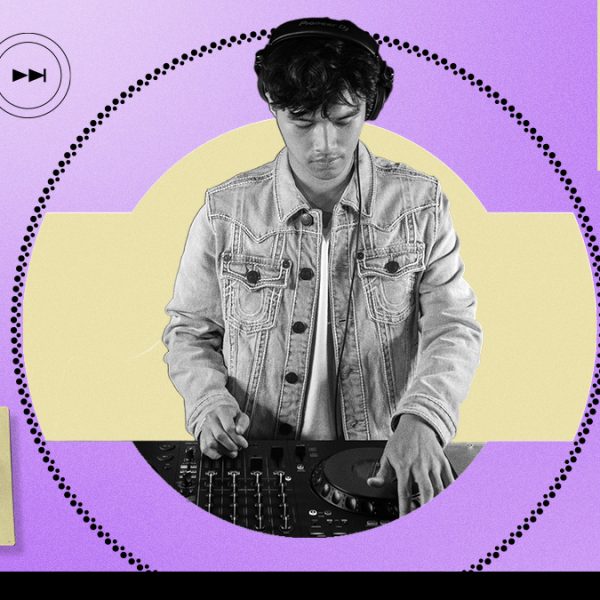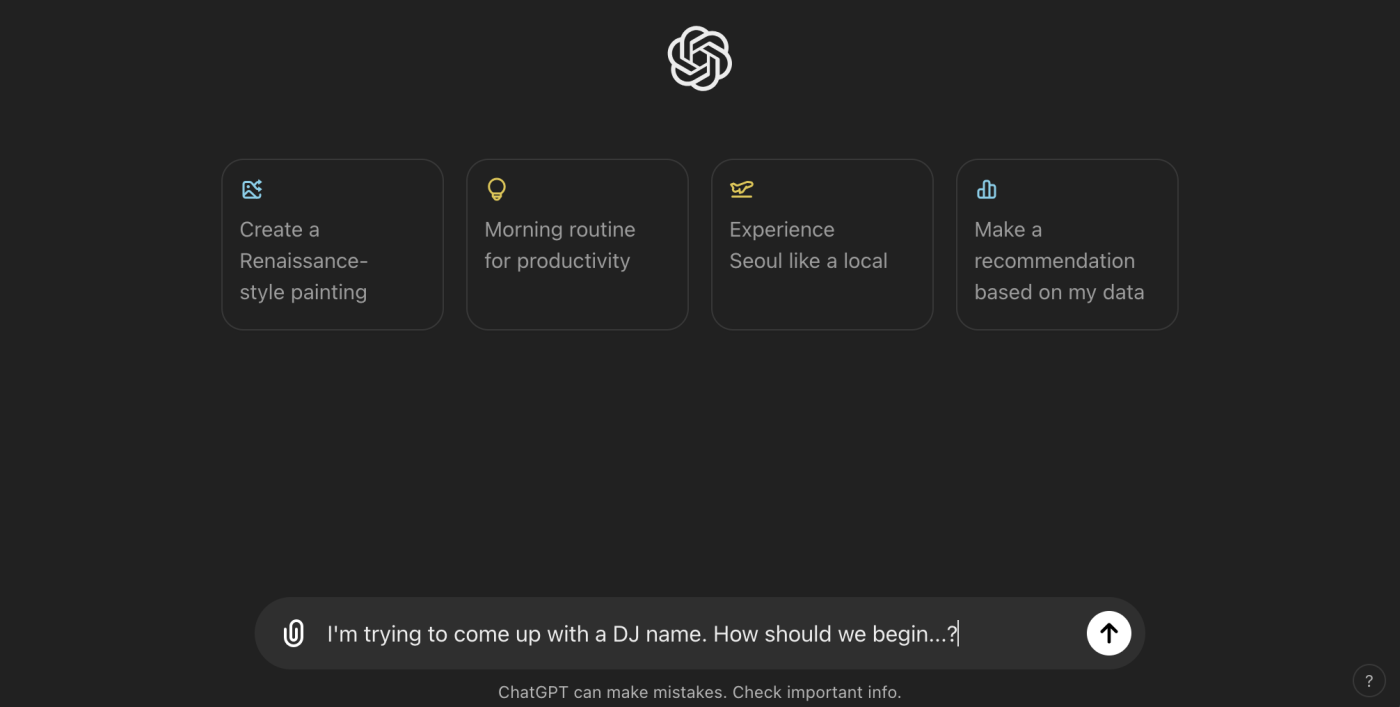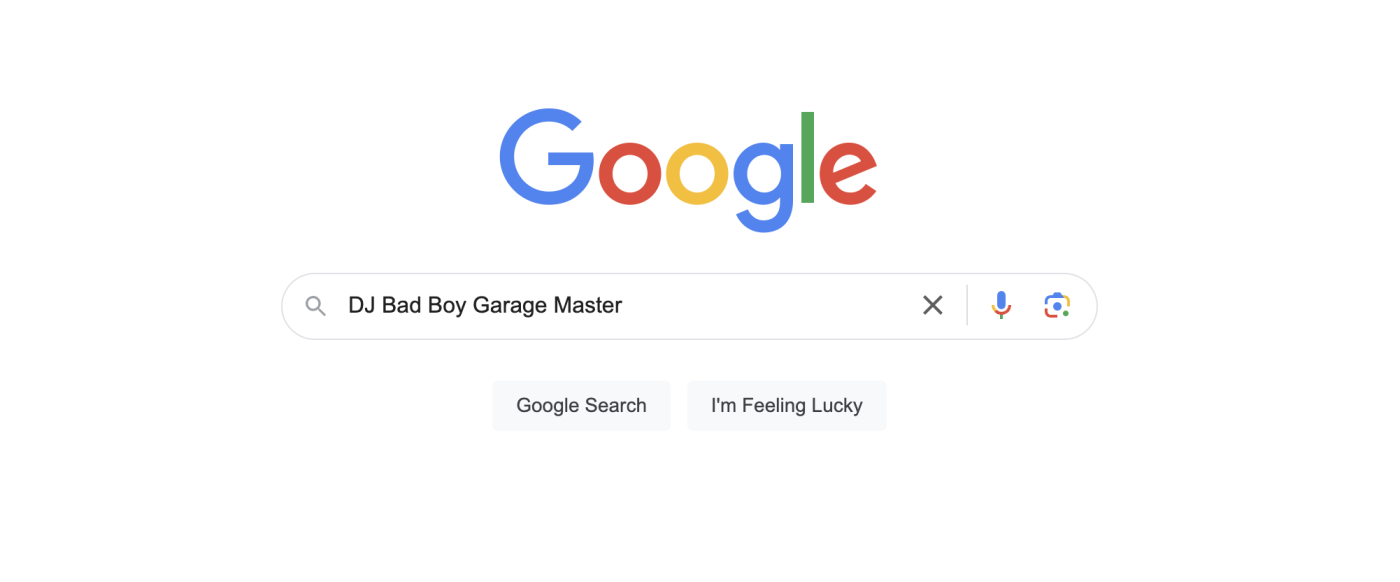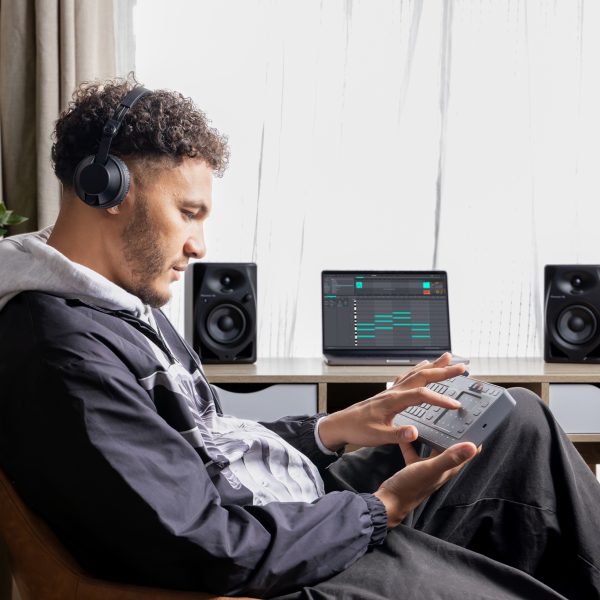General thoughts on using your real name
Of course, anyone looking for a DJ name has a readymade solution: their given name. This is the option that plenty of the biggest DJs out there went with, and it’s easy to see why. It’s an authentic choice that those around you will already know. It utilises any existing leverage or reputation you have in your chosen market or scene. And it doesn’t require you to do much beyond the checks and due diligence that we’ll discuss later.
However, putting aside any practical considerations for using your own name, the annoying truth is that when placed in the context of a DJ lineup, many real names look boring. You can point to loads of famous examples of headline DJs using their own name, but the trouble is that we’ve collectively attached memories and meaning to these names—Carl Cox, David Guetta, Charlotte De Witte—that make the names themselves feel more appealing. In the cases of the older DJs, also remember that they got their break before the internet, a time when there were simply fewer DJs vying for people’s attention, and so in theory less need for an attention-grabbing name.
Like most parts of this process, be as honest and objective with yourself as possible. Does your own name draw attention or generate intrigue? If you’re unsure, ask straight-talking friends and family members what they think about using your real name, or jump onto a DJ forum or discussion group.
Conflicts of interest and mixed messages should also be looked at. For example, if you do a serious, public-facing day job, would you be comfortable with people coming across your DJ profile? For teachers, is it OK if students find your latest mix? You get the point here. Also, the blurring of boundaries and roles may not be an issue for you now, but it’s best to think about any possible future complications.
General thoughts on using an alias of some kind
Many other DJs opt for an alias. This choice has several key benefits. First and foremost, an alias gives you creative freedom. You can choose a name that resonates with your musical style or persona, if that’s what you’re after. “World building” is a term that people in the music industry like to use, which describes all of the creative choices an artist makes to generate an overall vibe or impression.
Take memorable artist names like Deadmau5 or Skrillex. These aliases help maintain a sense of mystery and separate the artist’s personal life from their professional persona. (Deadmau5 even benefitted from the initial confusion over how to say his name, which got people talking about him even more.)
Arguably this separation can offer more flexibility. If you decide to shift to a different style of music, you can create a new alias or adapt your current one, while keeping your personal identity separate. If you were using your real name, a significant shift in style might be more challenging because your personal identity is directly tied to your musical brand, perhaps making it harder to leave behind or change the public’s perception of you.
The freedom to basically come up with any name also means you can test for memorability. For example, tell people around you some potential names and see which they remember days or weeks later. Living with several names for a time is like a “survival of the fittest” process, with options that in some way feel unsatisfactory gradually falling away.
Consider the fact that whatever you choose will become one, or some, of the main words in your life. You will end up saying the name many, many times, and probably quite often. Setting aside any practical considerations, decide whether it’s good enough to earn this level of real estate in your life. Do you like it enough to say it hundreds of times over the course of many years?
It’s important to also look at the downsides to using an alias. The unique name you come up with could be nice to say, but it could also be harder to find online if the name is too abstract, difficult to spell, or doesn’t rank well in search results. Building an alias can also mean trying to build a whole persona or world around it—great from a creative standpoint but this can be difficult to communicate in a world of increasingly short attention spans. Also consider that your potential musical scene or market might prefer that you “keep it real”; our hypothetical DJ from earlier, Bad Boy Garage Master, might not feel relatable enough for most wedding bookings.
You don’t necessarily need to choose between your real name or an alias before starting this process, but it will help to keep the above in mind as you go.









